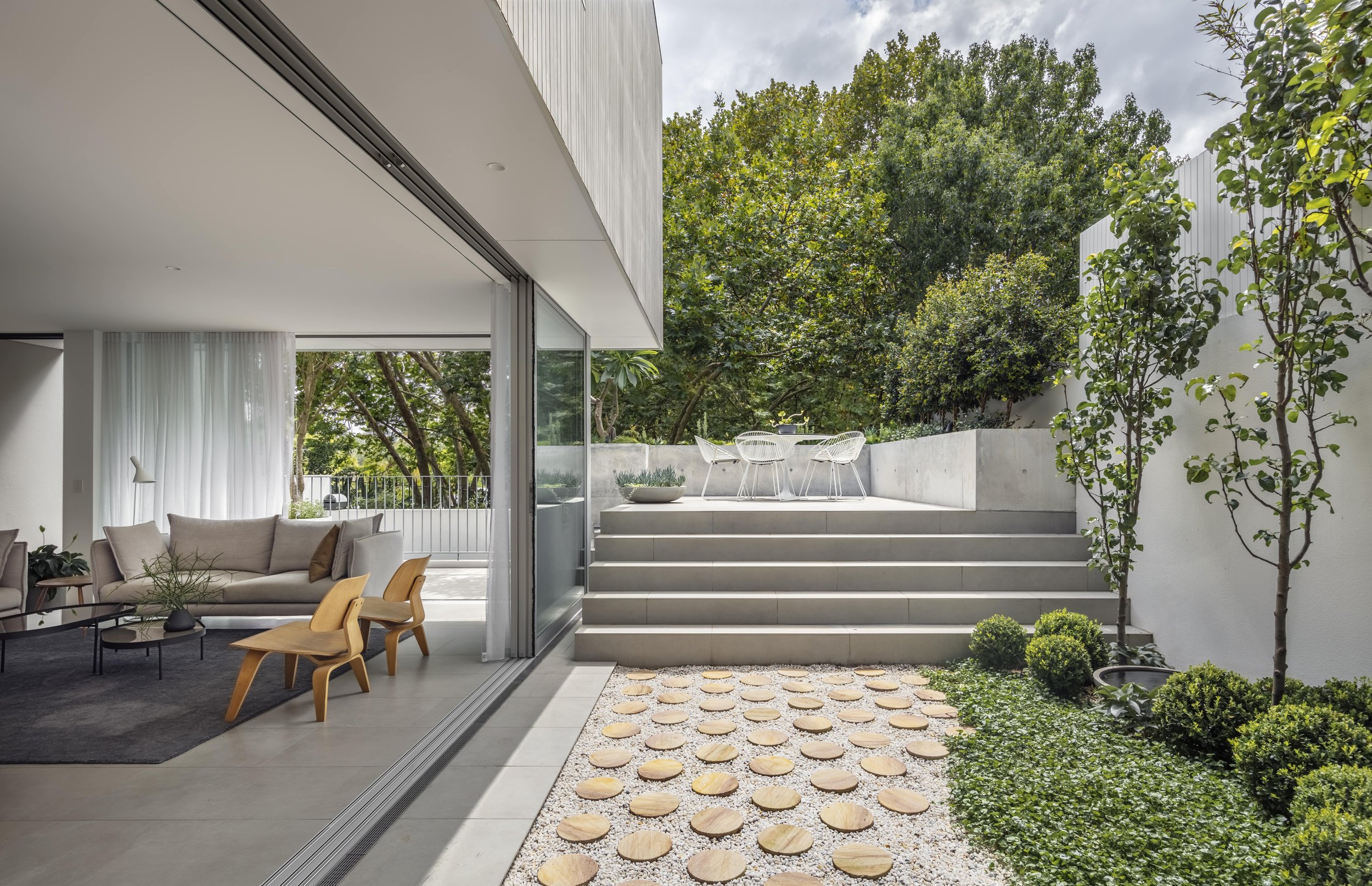How new NSW government regulations on sustainable buildings might impact your next home build or renovation
In August this year, the NSW Government revealed the new State Environment Planning Policy (Sustainable Buildings) 2022 – legislation that will affect the standards of construction in both residential and non-residential buildings in NSW. This SEPP aims to improve the development of sustainable buildings to contribute to achieving net zero emissions by 2050. While the policy will only officially be enacted in October 2023, the Ballast Point team attended a webinar run by the Department of Planning and Environment to explore the potential implications of this SEPP on the design and construction of current and future projects.
Here’s the key summary of what we have learned and everything you need to know:
The State Environmental Planning Policy (Sustainable Buildings) 2022, also known as the Sustainable Buildings SEPP, was released in August 2022 and will come into effect on 1st October 2023.
This policy aims to simplify and coordinate the way that we plan for and design sustainable buildings in New South Wales.
This will affect both residential and key types of non-residential buildings.
The changes will improve the minimum standards for the spaces we live and work in by:
Minimising energy and potable water consumption
Reducing greenhouse gas emissions
Monitoring embodied emissions of materials
Improving thermal comfort in both summer and winter
The legislation will bring NSW into alignment with the National Construction Code and works towards achieving net zero emissions by 2050.
How it might affect clients looking to build/renovate a home:
The Building Sustainability Index (BASIX) requirements for energy and thermal performance will increase for houses and apartments over 5 stories (work over $50,000), which will result in higher up-front costs but lower running costs and more comfortable spaces over the life of the building.
The average additional up-front cost for a home which meets the higher BASIX standards is estimated at $7,152, but will save $9,100 over 12 years
New houses will be more thermally comfortable, meaning less reliance on heating and air con
There will be an increasing reliance on electric appliances, solar panels, and higher performing hot water and air conditioning systems in order to comply
A new materials index which calculates the embodied emissions of construction materials will be added to BASIX as a first step in gathering this information, but no minimum standard is proposed as part of this legislation.
Ballast Point supports this legislation even though it may be perceived negatively by some in our industry. There is simply no way around the fact that - as an industry - we need to build more sustainably and create energy efficient homes. There is no doubt that this legislation has the potential to lead to better overall outcomes for clients because more energy efficient homes are more comfortable homes to live in.
If you require any assistance or have any questions, please do not hesitate to contact us anytime. For more blog posts, click here.


